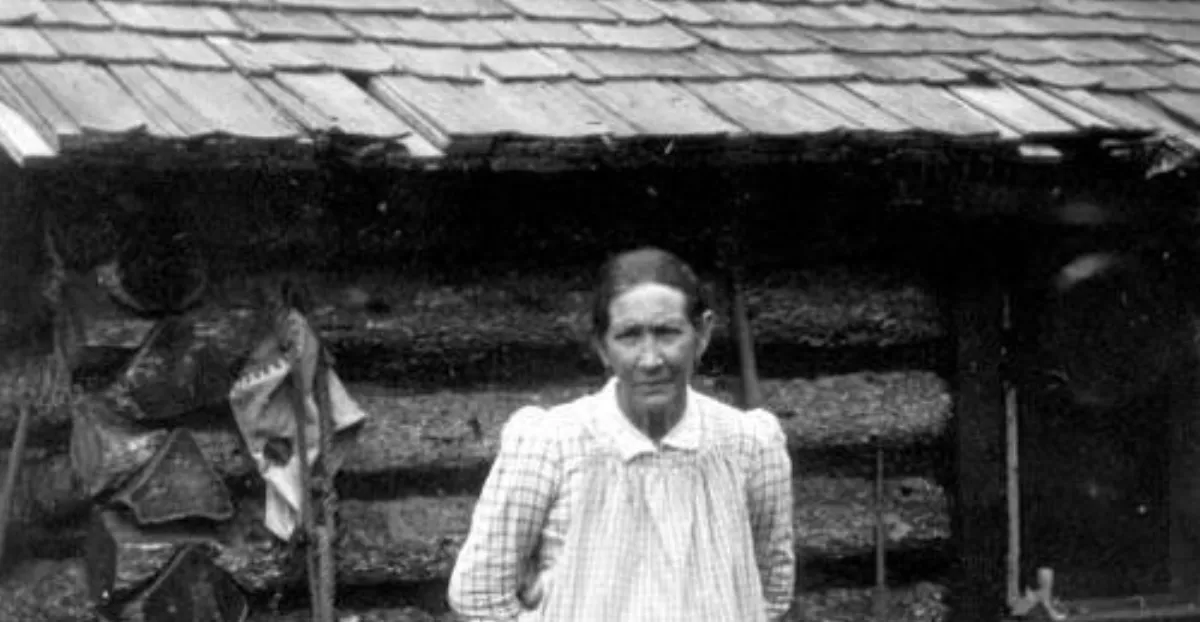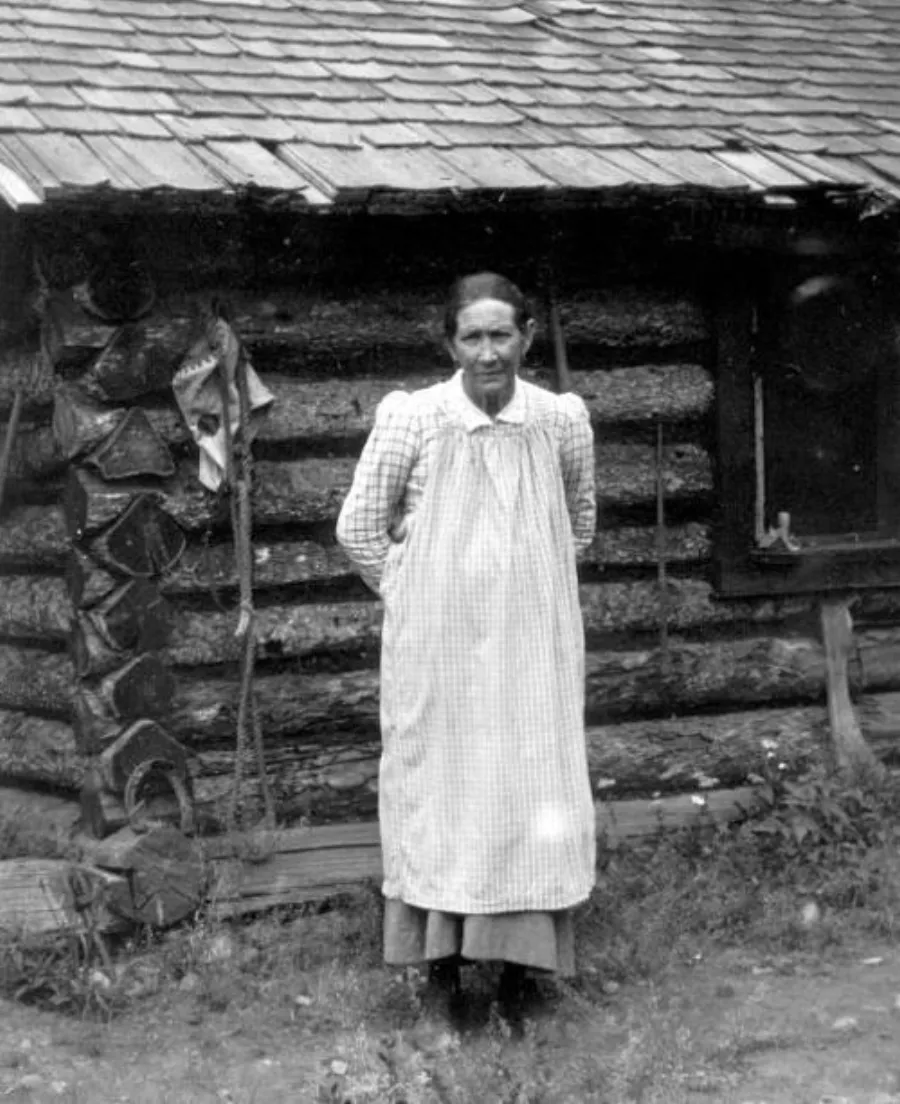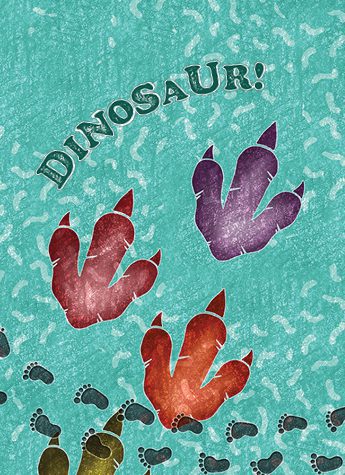- Shows &
Tickets - Classes &
Camps-
-
-
-
Interested in after-school activities for your kids? Explore After School Programs
-
-
-
- Schools &
Educators-
-
- Schools & Educators
Partner with the Alliance Theatre Institute for professional learning for educators and arts-integrated or theater-based instruction for students.
-
Unique Programs
We offer unique programs that use the power of the arts to inspire students, develop skills, and create positive change in schools and communities.
- Poetry Out Loud: Georgia
- JumpStart Theatre
-
-
-
-
Tickets for Teachers is a free ticket program for educators for Alliance Theatre productions. View Program Details
-
-
-
- Artists &
Community-
-
- Artists & Community
Learn more about our playwriting programs, partnerships with community organizations, and resources for artists.
-
An exploration of theater and the people who make it happen.
-
Check here for all major announcements from the theater.
-
-
- Impact &
Support-
-
- Impact & Support
Your support brings stories to life, funds community programs, and ensures more people have access to powerful theater experiences.
-
Name a Seat in the Goizueta Stage
Put your unique handprint on better tomorrows for Atlanta's young audiences.
-
-


When you consider cultural traditions you’ve been exposed to growing up, such as jumping the broom, building Ofrendas, crafting paper cranes, or even making and then drinking mulled wine around a decorated Christmas tree, do you think about the trailblazers who started them? We all have frequent and seasonal practices and customs that are directly or indirectly passed down to us by our ancestors.
Set in 1930s Appalachia, our protagonist Clara inherited the tradition of making strong Moonshine from her Mama. In Appalachian culture, Moonshine making is one of the many traditions still practiced today. In the early 1900s, following prohibition, the sale of Moonshine soared due to alcohol being outlawed. Surprisingly, the majority of Moonshiners during this time were women as they had significant advantages over Moonshining men due to laws that prevented police officers from searching women. Some men even hired women to ride in cars with them as they delivered the goods because officers wouldn’t stop a car with a woman in it. Additionally, most juries did not convict Moonshining women because they believed women to be incapable of committing such a crime. Because these women were underestimated, they could conveniently make up the majority of Moonshine operations, at one point even outnumbering men Moonshiners five to one.
For centuries, women have had to come up with innovative and creative ways to provide for their families. The same ideals that created laws prohibiting women from working allowed women such as Maggie Bailey, Josephine Doody, Mary Wazeniak, and Mary Ann Moriarity to use their societal positioning to inconspicuously run their Moonshine operations out of their own homes, therefore making money for their families and others. Maggie Bailey, also known as “Queen of the Mountain Bootleggers,” started selling moonshine as a young teen and used the money made to help out people in her community. She put many kids through college and bought groceries for families who had fallen on hard times. Maggie was a hometown hero in Clover town of Harlan County, Kentucky, and a household name. Hiding Moonshine in laundry baskets and chicken coops, these trailblazing women created a new tradition to be passed down, and a means for their survival. When we stop and consider the way women had to fight for their right to earn money and respect, we realize the irony in so many of our cultural norms sitting on the shoulders of these change-making women. Moonshining women are now engrained in Appalachian culture, and in the world of Darlin’ Cory, Clara stands on the shoulders of the many Moonshining women who came before her.
Photo Credit: Josephine Doody from the National Park Collection












